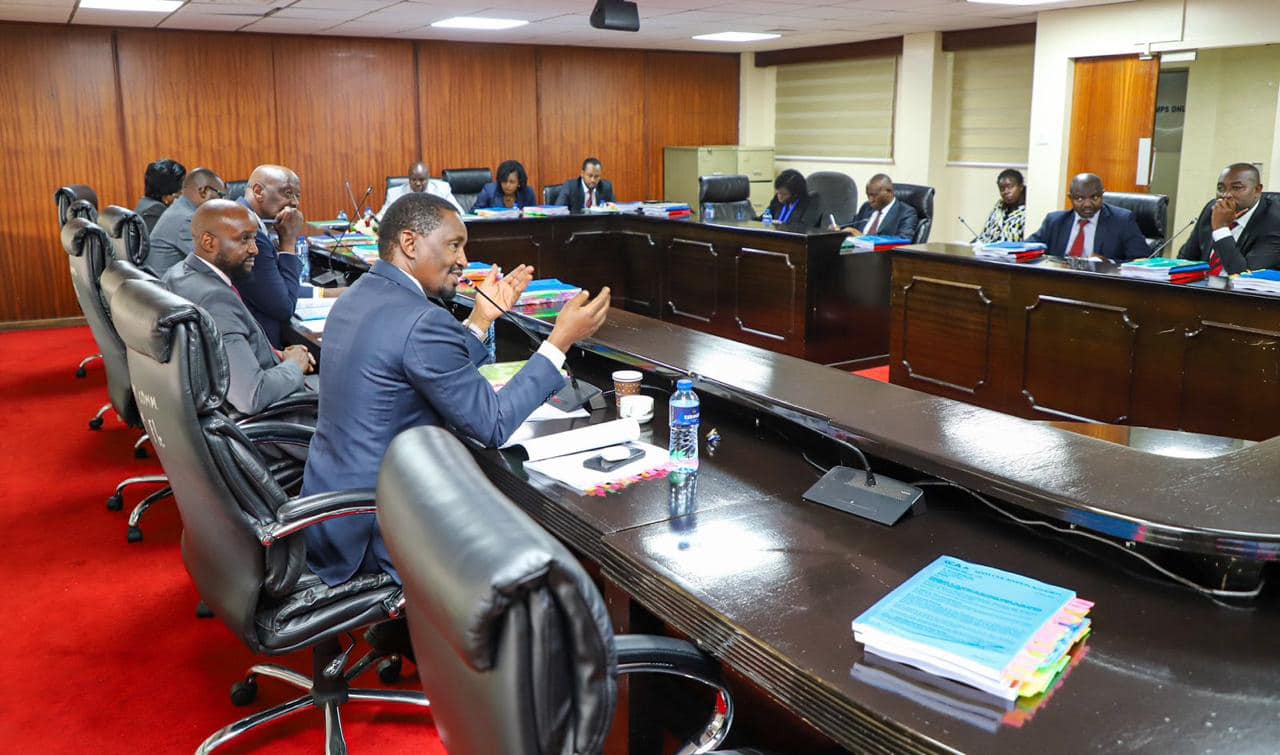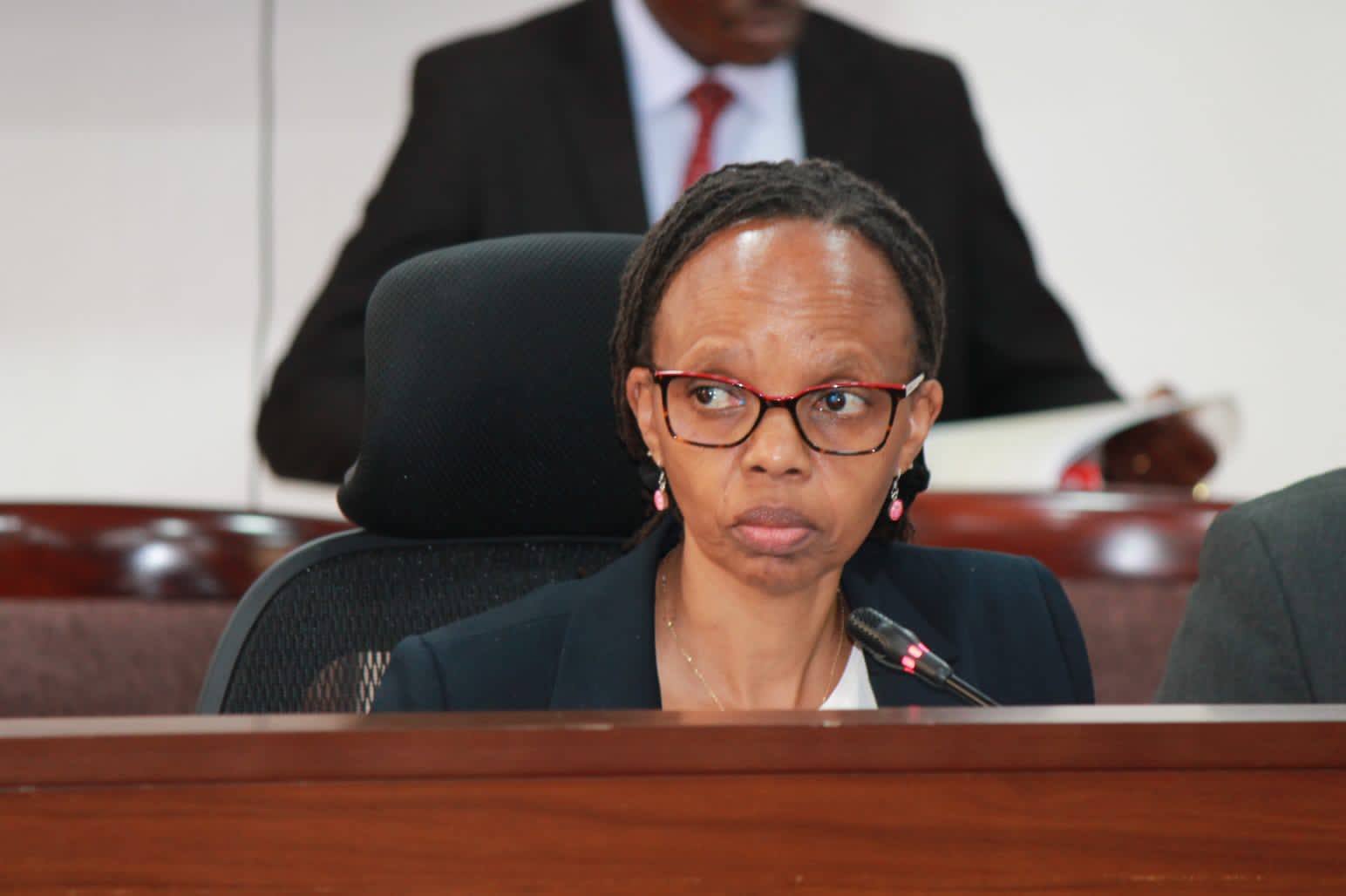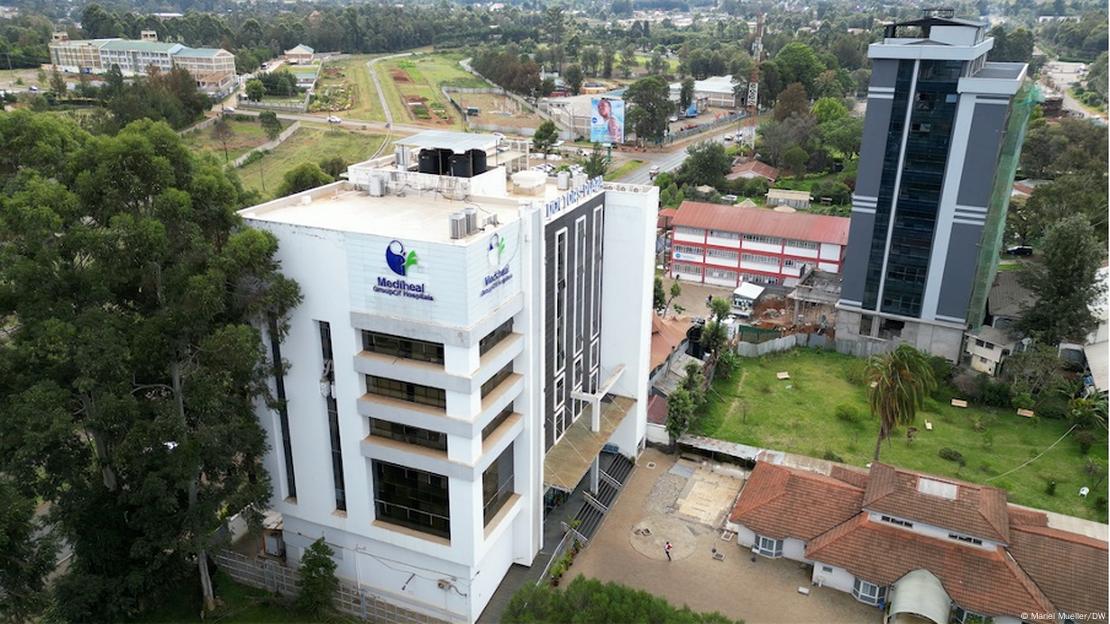Counties' use of manual payrolls creates loopholes for ghost workers – Nyakang'o

Despite the clear directives, a new report indicates that counties are still in breach of these requirements.
County governments have been called out for continuing to use manual payrolls, which have created opportunities for ghost workers and possible misuse of public funds.
According to Controller of Budget Margaret Nyakang'o, counties paid Sh2 billion in salaries through manual systems during the first three months of the current financial year, despite a national directive requiring payrolls to be processed through the Integrated Personnel Payroll Database (IPPD).
More To Read
- Sh9.5bn spent on travel as Kenya struggles with budget deficit - CoB Nyakang’o
- Pension arrears hit Sh108 billion as retirees wait for payments
- Mbadi blasts counties over Sh40bn pension arrears, calls non-remittance ‘theft’
- Why Kenya risks losing billions if it ignores World Bank public sector reform recommendations
- Bursary approvals stall as Controller of Budget seeks court clarity
- High revenue expectations behind pending bills, warns Controller of Budget
Only Turkana and West Pokot processed their salaries correctly through the prescribed system during this period.
The continued reliance on manual payrolls has raised concerns, especially as it was revealed that more than five per cent of the payroll costs were processed manually.
Nyakang'o warned that such practices increase the risk of funds being lost due to inadequate controls and could be exploited for corrupt purposes.
"Reliance on manual payroll systems is susceptible to misuse and increases the risk of public funds being lost due to inadequate controls," she said.
The issue of manual payrolls has persisted despite efforts to modernise the system.
In the year to June 30, 2023, county governments paid approximately Sh16 billion through manual payrolls.
Nyakang'o has now called on the devolved governments to fully transition to the Human Resource Information System (HRIS) by June 30, 2025, as part of a resolution passed at the recent national wage bill conference.
The conference also resolved that the use of multiple and stand-alone payroll systems must cease, urging all counties to adopt the HRIS for better efficiency, accuracy, and to mitigate the risks associated with manual processing.
Despite the clear directives, a new report indicates that counties are still in breach of these requirements.
Among the counties that processed significant payments manually in the first three months of the current FY were Nairobi, which paid Sh159 million, Baringo (Sh8.7 million), and Bomet (Sh27 million).
Other counties, including Bungoma (Sh8.7 million), Busia (Sh68 million), and Elgeyo-Marakwet (Sh101 million), also processed substantial portions of their payrolls manually.
In some counties, manual payrolls accounted for a significant portion of personnel costs.
Garissa County, for example, processed Sh187 million manually, which represents 23 percent of its total personnel costs.
Homa Bay County also processed Sh46 million through manual payrolls, while Kajiado and Kakamega counties paid Sh30 million and Sh96 million, respectively.
The concerns surrounding manual payrolls are not just about inefficiency but also about the risk of ghost workers being added to the rolls.
Top Stories Today











































